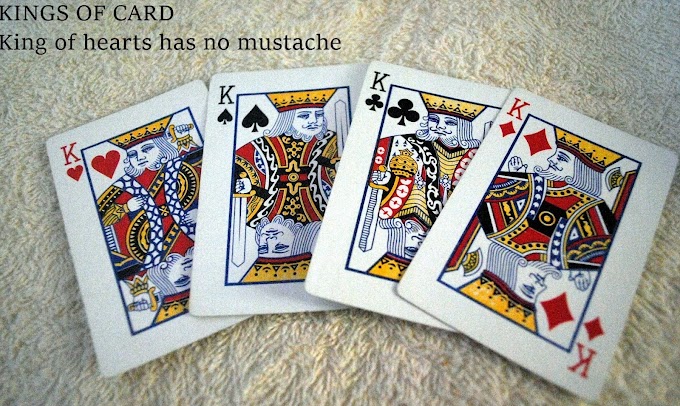Why India was called the "jewel in the crown" of the British empire?
It was August 24, 1608, when the British first came to India by Ship and eventually they ruled India for nearly 200 years. The bravest sacrifices and unbearable pain to fight for freedom against the British cannot be forgotten where thousands of freedom fighters had lost their lives and family including the millions of civilians, who died just to get back their rights of living in their own birthland.
Not only the British, but the Mughal Empire ruled India for many years before the British came to India. In short, the Indian fight for freedom existed for centuries and the rest become history.
The initial purpose of the British landing in Surat (Gujarat/India) was to start trade with the formation of the British East India Company in 1600 AD. The company gradually began to grow on the Asian continent and was able to increase its presence from the west to the east coast of India. Later, dealing with "East India Company" became a big challenge for all Indians as the company transformed from a common business enterprise to a ruling venture after their fortune was raised.
After all, the fact of the matter is why India became the favorite choice of the British and why they started thinking about ruling India. Why did the British call India the "jewel of the crown" during British rule? Below are the briefs.
Why was India called the jewel in the crown?
India was undoubtedly the most important of all colonies for the British Empire for many reasons. Above all, the topmost reason for giving high importance to rule in India was mainly natural resource reserves, which the British wanted to exploit from India to Europe.
- India was very rich in some resources like spices, tea, coffee, silk, indigo dye, gold, cotton, mineral, textiles, etc. Even the "black pepper" that the British called "black gold" is another of the most valuable spice to be mentioned by the British that they wanted to take from India. These precious spices helped them to make their food tasty and the traders benefited more by selling it in the European market.
- The population of India was another most important factor for the British to consider India as a "jewel in the crown" where the labor costs were too cheap and the market prospects for the trade of British goods were quite high.
- India's high population helped the British to get the cheapest manpower and a large number of people engaged in various services such as clerks, armies, and civil services. Moreover, Indian soldiers fought hard to expand their empire around the world and the British benefited enormously from it.
- It became much easier for the British to connect with other Asian countries like Sri Lanka, China, and Myanmar (formerly Burma) by ruling India. Pakistan and Bangladesh which was once part of India had many natural resources available to them that the British wanted to use. So with India, these countries were very important not only for the natural resources and raw materials they wanted to acquire but also for the exploitation of luxury items produced by them such as tea and coffee.
- The vast list of natural resources and the massive market potential of British goods make the British more greedy to enlarge their empire in India and thus India becomes the jewel in the crown for the British.
Though the British took a lot of things from India, at the same time India also got various good things in return. In short, British rule in India is one of the most controversial issues in the history of the British Empire.
The British managed to take control of India only because India was not united. India at that time was a divided country in many independent states controlled by the local prince. As a result, the British took advantage of this and began to infiltrate these states more effectively and gradually took control. They often left local princes in charge and these local princes were very effective in maintaining British rule & in return, they made huge profits from the British for being loyal to them.
So, what good did the British do to India? Below is a list of a few.
- English Language.
- Better roads and large railway networks.
- Army.
- Many Social reforms like the removal of Child marriage.
- Vaccination.
- India census.
- Surveying India.
- Quality education system.
- Motivated India for a united democracy instead of independent monarchical states.
Please do follow our Facebook page "PDBlog" for regular posts like this.




%20-%20Copy.PNG)






0 Comments